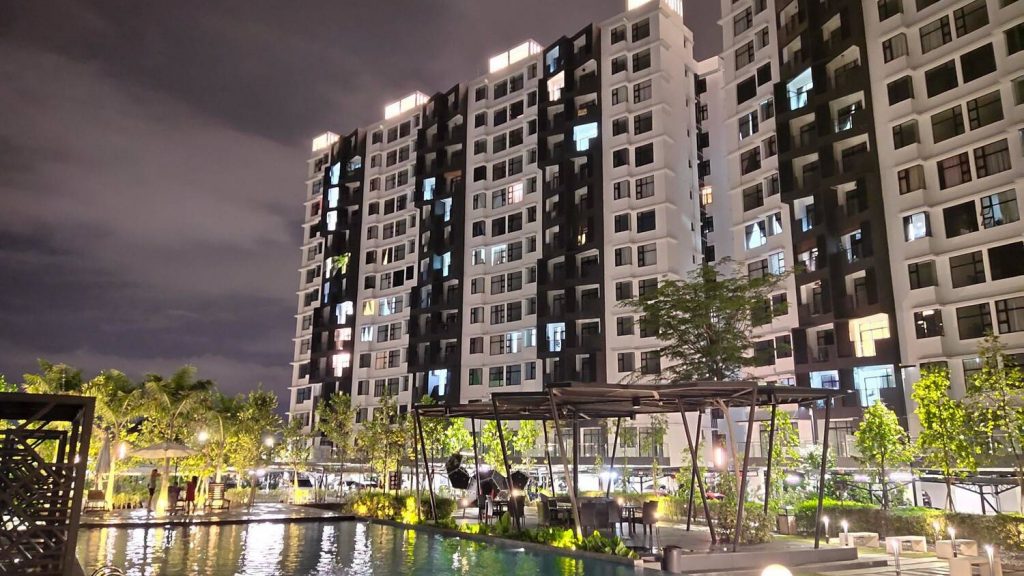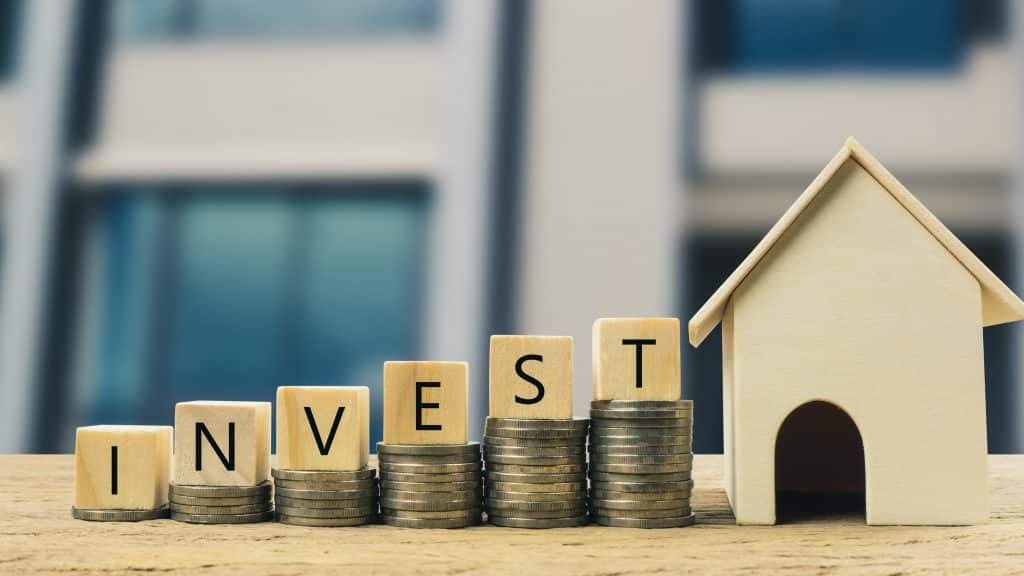Nowadays, it’s not uncommon to hear people say that real estate is a good investment and that you should get in on it. If you have never invested in the property investment in Malaysia before—because let’s be honest, putting large sums of money into something with huge risks can be scary—it’s crucial to gather as much information as you can before making big financial decisions.
But, investments with lower risks typically offer low returns. So if you’re patient and smart about it, property investment can reap lucrative returns. Here’s a complete guide to property investment in Malaysia for your first rodeo.
Should You Invest in Property?

The Malaysian Housing Price Index (MHPI) shows that the value of houses continually increases each year. Safe for its own set of challenges, property investment can provide a rewarding return on investment (ROI) from rental revenue if the right property is bought. Compared to the stock market, investing in property is more stable and less volatile, making it suitable for new investors.
Firstly, you need to ask yourself—how much money can I afford to invest? Even without much, you can get into the game with money lenders and real estate wholesaling (which involves a deal with the seller to secure a buyer so you can receive a commission).
With a healthy DSR (Debt/Net Income used by Malaysian banks to determine if you’re able to pay your monthly instalments), you can also obtain a home loan with a high margin of financing.
What Type of Property to Invest in?

There are different types of property in the market, so it’s essential to know which is the best one based on your budget, goals, as well as how much of a risk you’re willing to take.
For residential property, the popular options include terrace houses, semi-detach houses, bungalows, and high-rise properties like condominiums and apartments. Residential property prices vary across different states in Malaysia, so be sure to do your research.
As for commercial property, this includes office and shop lots that call for a more significant downpayment. If you have the financial means for it, commercial real estate can yield lucrative returns since businesses have more extended tenancy periods. Even with a smaller budget, you can choose to invest in commercial units like Flexible-offices (SoFos) and Versatile-offices (SoVos), which provide lower entry points and are located in famous business districts.
Short-term or Long-term Investments?

The next thing to ask yourself is this—do I want to invest short-term or long-term?
For short-term investors, you may be able to cash out money within two to three years or less if you’re lucky. The two ways to go about short-term property investment are:
- Invest in “trendy” up-and-coming districts and consider selling when the price increases.
- Invest in an old or abandoned property and flip it, selling it as soon as renovations are done for a good profit. However, keep in mind the increases in Real Property Gains Tax (RPGT) that come with an additional cost when selling a property.
For long-term investors, your money may be tied up in the bank for years. However, this is the default option among most property investors since it generates greater capital gain over time as property prices continue growing. The two methods used in long-term property investment are:
- Capital return, where you sell the invested property once the price increases above the purchase price.
- Rental return, where you receive a steady stream of income through renting out the property, either partially or in its entirety. Rental yields differ depending on location.
You can easily dabble in short-term investments for quick financial gain, then switch to long-term investments for a steady flow of income that will prove beneficial in the future.
Other different types of properties include retail and industrial lots, so don’t limit yourself when making a decision! You can even do both long-term and short-term without the added responsibilities by investing in Real Estate Investment Trusts (REIT). This company finances income-producing properties and helps you manage your property investment in Malaysia.
Things to Remember When Purchasing Property

- Location, location, location. Start with a familiar area that has amenities and accessible public transportation, or areas with booming economic activities like a nearby hospital or university. Students and staff will naturally flock to these areas for residence and convenient commute, especially in the Klang Valley.
- Consider your target tenants and assess the neighbourhood for suitability. For example, if your target tenants are families, find out if there are any schools nearby.
- Keep up with market trends and demand, and remember to take advantage of scarcity (something that makes you unique to the overflow of properties in the market).
Lastly, remember to keep track of your ROI and continue improving your portfolio. Cash will come to those who wait. Manage your finances thoroughly to ensure that you make the right decisions for your financial future.
Property owners and landlords can rent out their property on Rumah-i’s rental platform. Rumah-i is a property management company that offers various property management services like rental management, housekeeping, research on potential tenants, marketing and rental collection.




